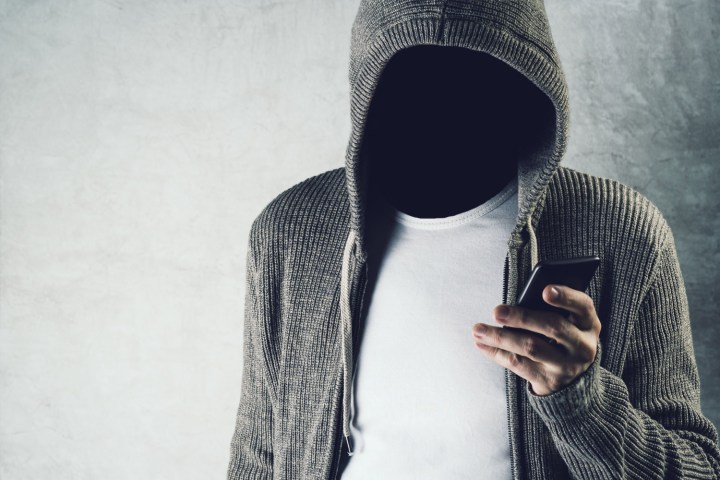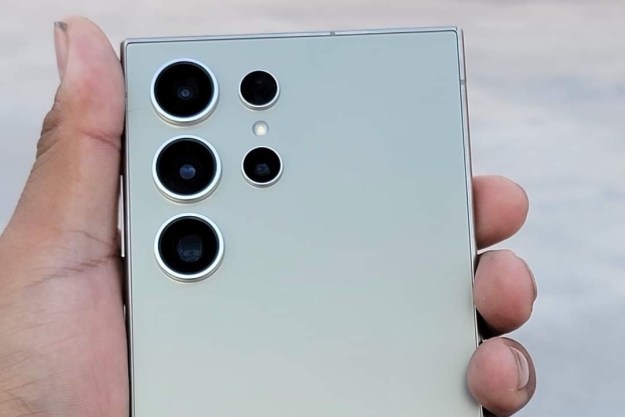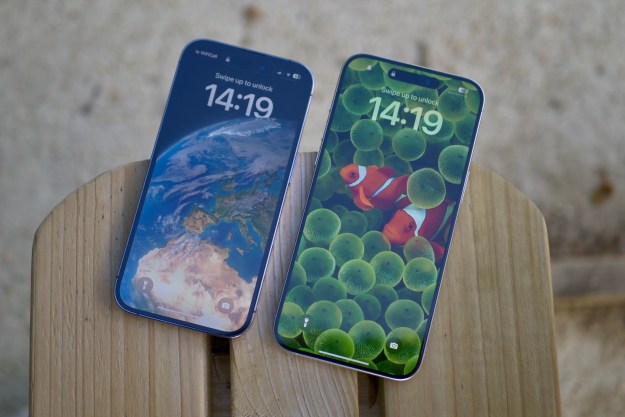
This technology isn’t something we can expect in the iPhone 7 when it launches later this year, as the anti-theft system has only just been patented by Apple (thanks ApplieInsider). However, it does offer a couple of potentially interesting systems that could improve the security of iPhones of the future.
For starters, it makes use of Touch ID to try and identify the user. Depending on the owner’s preferences, the phone could be set to capture the user’s fingerprint should they fail just one login attempt. That data could then be accessed remotely to try and figure out who it is that may have stolen the device — or at the very least, who has it at the time.
Again, depending on what the owner sets as their preference, the camera can also come into play by automatically capturing a picture of the alleged thief should they fail login attempts.
There’s also potential to use machine learning to catch the bad guys, thanks to active scanning of the legitimate owner’s patterns of use. Should those deviate drastically, suggesting a new user has taken control of the device, it could then trigger the capture techniques outlined above.
Other factors could come in to play to decide if a theft has occurred. Metrics like location, time of use, speed, air pressure, and even audio data are being considered. All of that could be cross-referenced with a database of the legitimate user, to confirm whether they still have ownership of the device.
Should any or all of these security systems be implemented in the future, there will be some questions raised about privacy. To be effective, machine learning, location tracking, and audio recording all need to be permanently active, which means that more often than not the legitimate user would also be recorded.
If that data is stored remotely, it raises new concerns about hacks and whether Apple would use that data itself, or sell it to third-party services.
Editors' Recommendations
- Nomad’s new iPhone case and Apple Watch band may be its coolest yet
- The iPhone 17 may get a display upgrade I’ve waited years for
- What iPhone do I have? How to find out your iPhone model number
- I controlled this smart plant with my iPhone and I’m in love
- The future of iPhone gaming is in trouble




